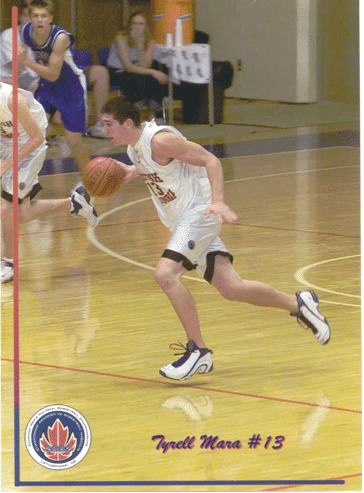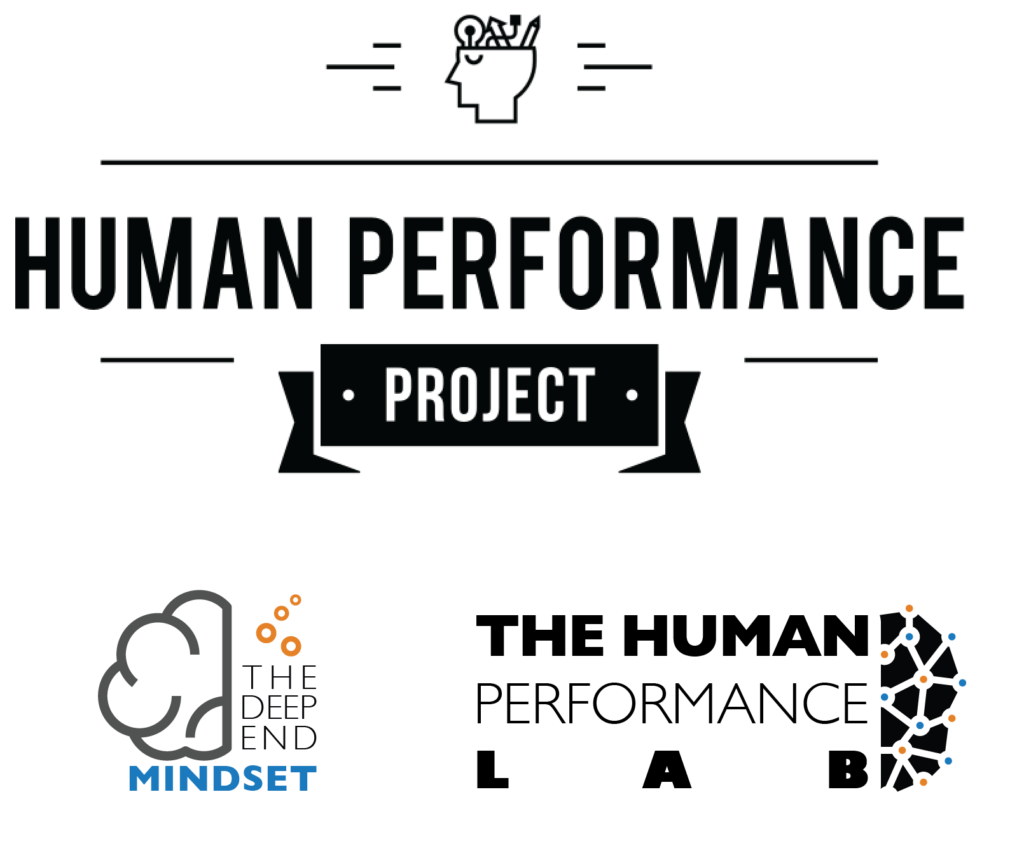For those of you just checking in, I am working my way through a leadership series on the most important lessons I have learnt through my 10+ years of competitive basketball experience, as well as being on 4 championship teams and competing in 1 national championships! You can read the first Lesson here
Whenever you finished reading, whether you read one paragraph or the whole post, please hop down to the comments and let me know what you think, as well as your own leadership insights!
Lead Through Actions
Leading by actions merits so much credibility in a team setting.
In the world of leadership, there are some qualities that transcend the boundaries of age, experience, and seniority. Leading by actions is one of them. When you are an employee or role player on your team, leading by your actions will earn you respect, credibility, and loyalty, which is very important if you move up over time.
Leadership and Culture
If you are the leader, leading by actions will play a big role in molding the culture and setting a standard for your team or organization. On athletic teams, the oldest players hold the most positional leadership power (having played longer, earned more experience, and put in the time). This, however, is not always a positive, if the senior members of your team set the wrong example, and do not lead by positive example, than this will be the dominant culture that is accepted. One of the main reasons for all of our success on the court this year was the buy-in and leadership by all 5 seniors on our team. Regardless of whether these players were starters or role players, they all bought into our ultimate goal, and proved it everyday in their actions on and off the court. This set the standard for our team, and became the foundation of our culture. Younger players saw what the leaders were doing and bought in quickly.
But leading by actions is something everyone can do, no matter what level in the hierarchy you are…
Let me share with you an example from my early basketball years…
When I was in grade 9 (13 years old), I tried out for the BC Provincial U-17 Team. Initially I thought I was doing it for the experience of playing with some older players during the first tryouts, as I knew making it far would be a long shot… So, I didn’t worry about the outcome, instead, I set two goals that I could measure my success by: My first goal was to be the hardest worker on the court at all times, and the second was the be the loudest player, encouraging teammates, talking, communicating, leading, directing, anything I could say that was positive and meaningful.
At first I was nervous and intimidated to really pursue these goals and lead through my actions around all of these older and more experienced players, but I sucked up my doubts and kept to the game plan. Slowly but surely I kept making cut after cut, and I eventually made it to the final tryout of 20 players. It is important to understand that I was not by any means one of the more skilled players to remain, but because my actions brought positive leadership to the tryouts, I was deemed a valuable asset.
I made the final cut! I had made the team, and I realized that it was primarily on the basis that I was willing and able to lead through my actions which were truly nothing special (working hard and constantly talking). This leadership style earned me credibility and respect, and transcended the boundaries of age and experience as I was 3-4 years younger than many of these players.
Building the Foundation
Leadership by action is important for so many reasons beyond what I have already discussed, but if you are trying to develop a business, team, or program with longevity, this is especially important. With every type of team, athletic program, or business there will be turnover. Employees leave over time, and senior players graduate. The foundation and culture that is set by the top leadership does not leave when those players graduate. If the leadership is strong, and success has been realized through it, the younger players will have a blueprint to this style through their experience.


